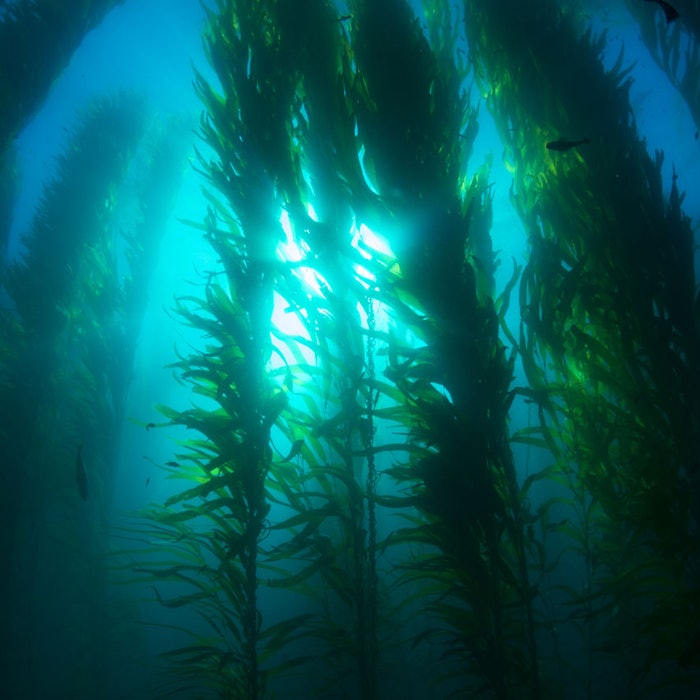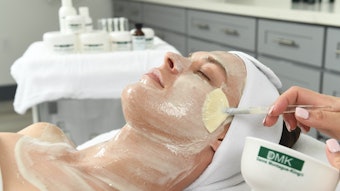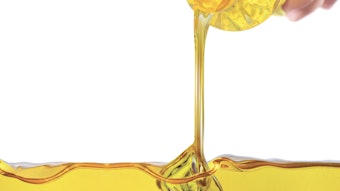
More than 30 different farm sites off Vancouver Island are getting installations of kelp lines from North Island College (NIC) and the BC Salmon Farmers Association (BCSFA), as part of the single largest study to explore British Columbia’s (BC) kelp growing potential.
The Study Basics
The leader conducting this is Stephen Cross, Ph.D., NIC’s international researcher and industrial research chair for Sustainable Aquaculture.
In partnership with BCSFA members, Cermaq Canada, Grieg Seafood and Creative Salmon, Sciences and Engineering Research Council of Canada is funding the study with a five-year, $1 million grant.
“Last year, NIC started preliminary trials at a test site near Tofino, which showed good growing potential for a commercial seaweed industry,” said Naomi Tabata, who manages the project with NIC’s Centre for Applied Research, Technology and Innovation. “This year, the study is much more extensive – with test lines going in near Tahsis, Baynes Sound, Tofino, Port Hardy and Kyuquot and more.”
Performance Trials
Each salmon farm will have ¼-inch kelp-grown lines dropped vertically into the water. As spring months near, test lines, which are seeded with young kelp plants prepare for growing season.
“Salmon farmers in BC value their collaborative research partnerships with North Island College,” said Jeremy Dunn, executive director, BCSFA. “Dr. Cross’s current project demonstrates how the industry is uniquely positioned to assist with research that is of ecological, social and economic importance to BC’s coastal environment.”
This study will examine kelp growth, focusing on the affect marine conditions, temperature, salinity and water clarity have. Additionally, the study will oversee regional production performance, commercial-scale infrastructure and operating needs. Saccharina (sugar) kelp grown at salmon farms along the BC coast will also be watched over as a market prospect.
Kelp in Cosmetics
If results are successful, BC-grown kelp could expand for food, vitamin-rich pharmaceuticals and natural cosmetics.
In 2015, the global value of primary and intermediate seaweed products was estimated by the United States-based Ocean Sciences National Center for Marine Algae and Microbiota at $10 billion a year.
Source: North Island College










